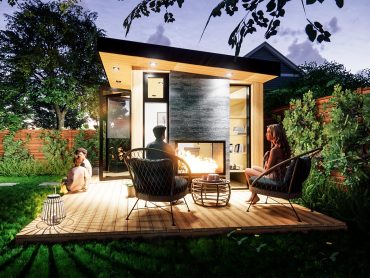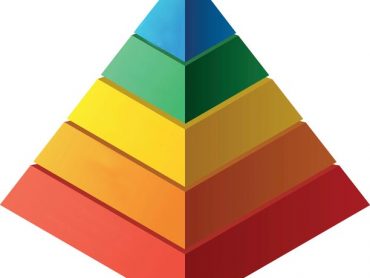The Housekeeping Training Revolution
Modern advances in employee training and ongoing retraining have such profound benefits that it’s near impossible for any senior hotelier to disregard their implementation. First among these advantages is what’s paid forward to your guests – improved compliance with SOPs, faster service, better staff demeanor and, ultimately, better customer satisfaction. Then there are the back-end benefits which also impact the bottom line – better team morale, less employee turnover, greater empowerment, increased productivity and decreased onboarding costs.
Of course, this all relates to technology – putting your internal curriculum onto an online portal, thereby enabling e-learning. It works because it fosters an environment of microlearning – that is, allowing your team to learn at their own pace and in bite-sized, modular chunks, both of which are better for knowledge retention over the classical intensive and condensed period of instruction. Additionally, by putting your curriculum online, it frees up your supervisors’ time as well as allows associates to explore other aspects of your operations that are beyond their current job description but nonetheless a subject of interest for prospective lateral promotions.
While it may seem too good to be true, obstacles present themselves during the implementation process and in getting your team to adjust to the new system. And these growing pains are most evident than in the housekeeping department.
Likened to the last holdout against the invasion of purely technological processes, your housekeepers are now prone to disruptions on nearly all fronts. Training manuals can be put online or plugged into motion-capture performance tracking stations for new employees to quickly learn the basics before job shadowing begins in earnest. New mobile-centric software platforms offer real-time synchronization to streamline internal communication, shift priorities on the fly and appease the current demand for 24/7 room readiness to the point where the morning lineup is all but obsolete. And then there are engineering firms working to build robots that can fold laundry and clean rooms, thus eliminating the need for human housekeepers altogether, but this is still at least a few decades away from practicality.
Additionally, you must consider the health and safety of your housekeeping team. Unlike most other desk jobs, theirs is one of physical rigor, lending itself to a much higher risk of repetitive strain injuries (RSIs) as well as everything that results from that – lowered team motivation, erratic staff scheduling and long-term disability payouts to cite three.
While it’s a much more straightforward line of thought between how technology can benefit your property from a training perspective, there are also significant implications for how it can be utilized to also boost the wellbeing of your team. Firstly, most contemporary SOP training modules teach the proper techniques which minimize injury. Next, there are now platforms with dedicated ergonomic curriculums so that your housekeepers can get in the habit of using the correct muscles for any given cleaning-related task.
This is but a quick overview of how technology can work to propel your team into the 21st century and I would highly recommend you investigate your options. I’ve purposely left this article company agnostic for brevity’s sake, but if you’d like the names of a few to help get you started, email me and we’ll discuss what will work best for your specific hotel.
(Article by Larry Mogelonsky, published in Hotels Magazine on May 9, 2017)



